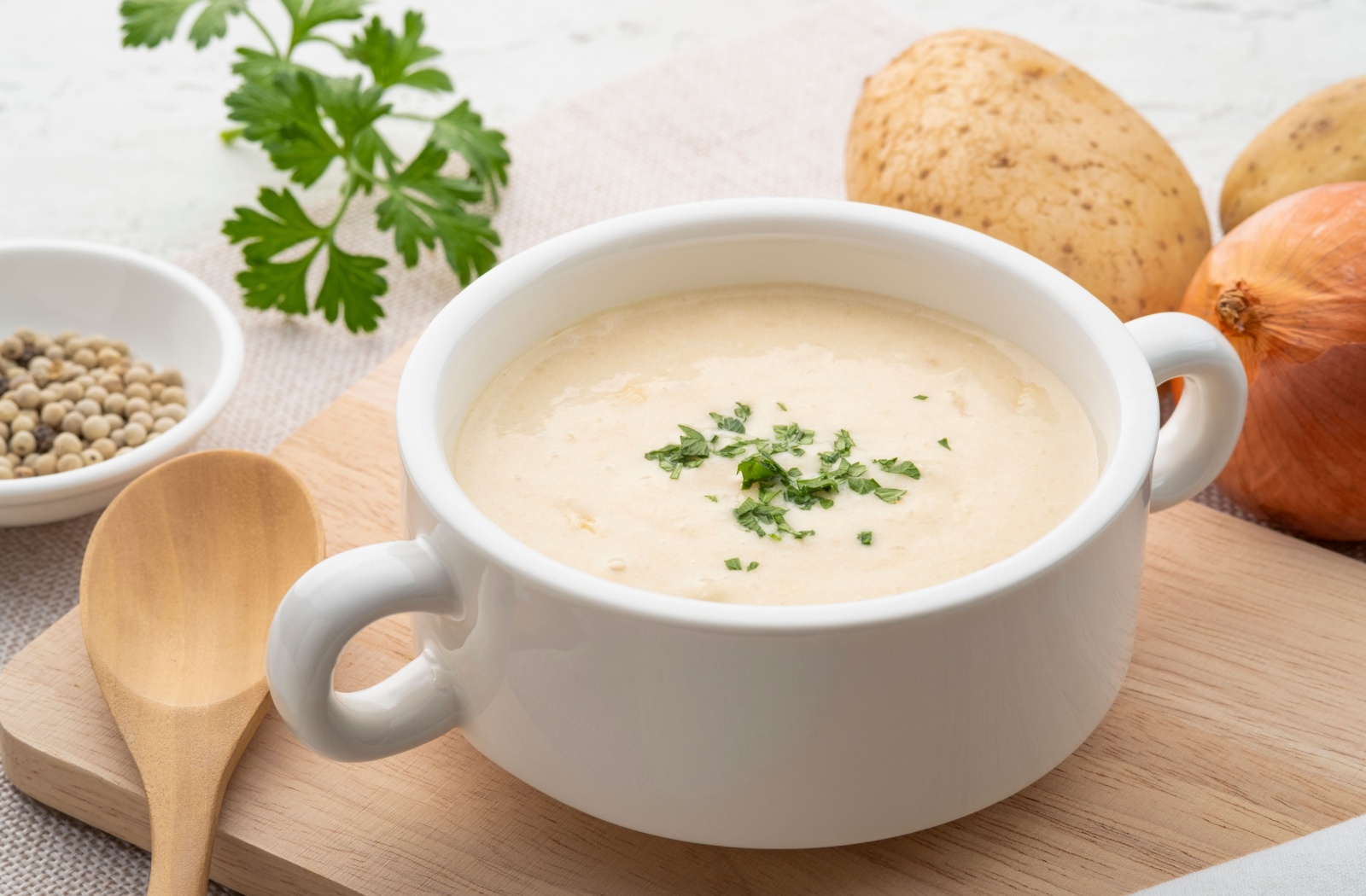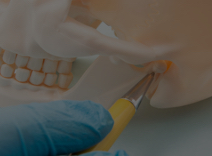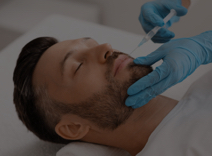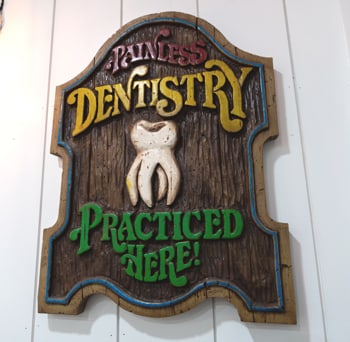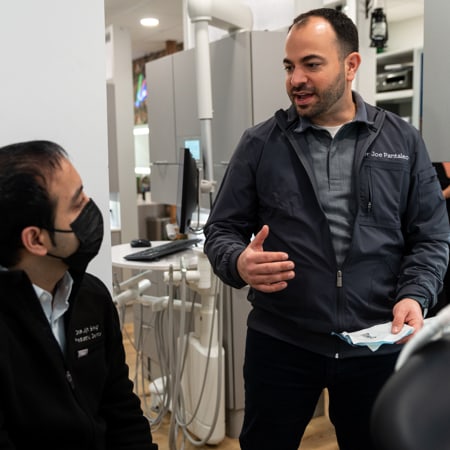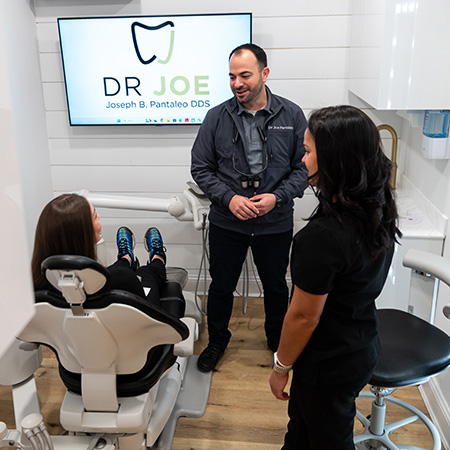When wisdom teeth don’t grow properly, they can cause discomfort or pain, sometimes leading to infections, cavities, gum disease, and other dental issues. If you have an impacted wisdom tooth, your dentist will likely recommend an extraction to help you find relief and prevent future complications.
Extractions are typically quick, and the recovery time is often short. Choosing the right meals can prevent discomfort and promote faster healing. When recovering from wisdom tooth extraction, opt for soft foods like soups, mashed potatoes, and yogurt. You can slowly introduce more foods as you recover and return to a normal diet by the third or fourth week.
What to Avoid Eating After Wisdom Tooth Extraction
After the tooth is removed, the body immediately begins forming a blood clot at the site. This clot acts as a protective seal that covers the exposed bone and nerves while providing a foundation for new tissue to grow. Disrupting the clot can lead to discomfort and a slower recovery.
Certain foods can disrupt or dislodge the clot, impeding your recovery and sometimes even causing pain. Here are foods to avoid while you recover:
- Crunchy or crispy foods: Chips, nuts, crackers, and even popcorn can break down into sharper pieces, potentially irritating your gums or dislodging blood clots.
- Sticky or chewy foods: Caramel and gummy candies can tug at healing tissues or get stuck in the surgical area.
- Hard, solid foods: Raw carrots, apples, and nuts require excessive chewing that could strain your jaw and irritate the surgical site.
- Spicy or acidic foods: Spices and acidic ingredients like citrus can cause stinging and discomfort, especially as your wound heals.
- Hot drinks and hot foods: Tea, coffee, or hot soup can disturb the clotting process and delay healing. Stick to a warmer temperature.
- Foods with small particles: Rice and grains can get lodged in surgical wounds. Small seeds from some fruits can also easily get stuck in the wound.
Nutritious Foods to Eat After Wisdom Teeth Removal
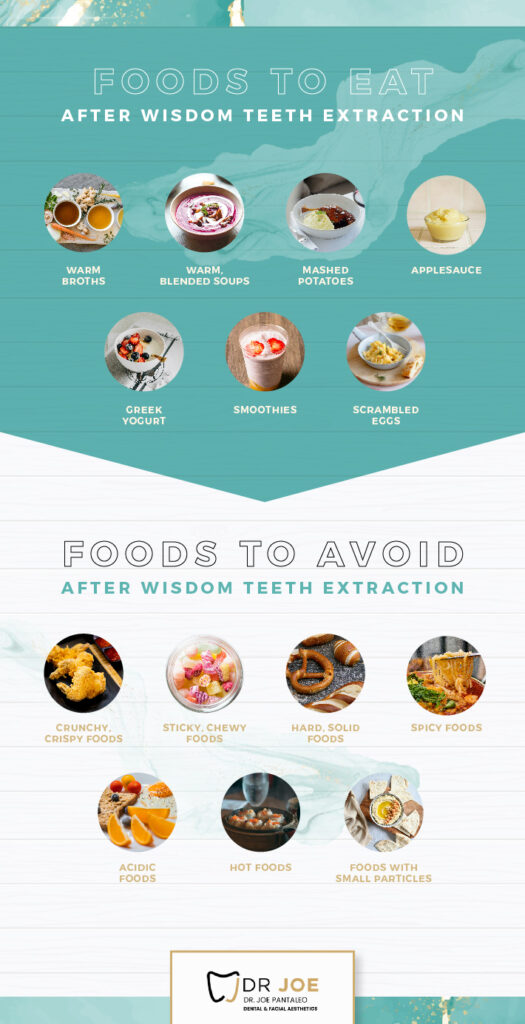
To prevent disrupting the surgical site, you should opt for soft, easy-to-chew, and gentle meals on your gums. Here are some soft foods that are packed with nutrients to support healing.
Broths & Soups
Broths and soups provide nutrition and hydration while being easy to swallow. For soups packed with nutrients, opt for clear broths or smooth, blended soups like butternut squash or tomato.
Just remember to let your soup cool down before enjoying it. Eating it warm is ideal to prevent the heat from disturbing your healing site.
Mashed Potatoes & Applesauce
Purees are soft foods often packed with vitamins and minerals, which can provide the nutrition you need as you recover. Fluffy, mashed potatoes are filling and easy to eat. Add a splash of milk or broth to thin the texture, making them even gentler on your gums. You can also try mashed sweet potatoes, which are packed with vitamin A and help support healing.
Many fruits are hard and crunchy and should be avoided after having your wisdom teeth extracted. However, pureed fruits like unsweetened applesauce are hydrating and great sources of fiber. They’re easy to eat and can be soothing for sore areas. For variety, try other fruits you may like, such as bananas, pears, peaches, or even pumpkins.
Greek Yogurt

Greek yogurt is a smooth and creamy food that can support your immune system and promote faster tissue repair. It’s rich in protein, calcium, zinc, and probiotics. You can even opt for flavored Greek yogurt to satisfy your preferences.
Smoothies
Smoothies are a perfect way to get nutrients from fruits, vegetables, and even protein powders. However, you should still avoid fruits with small seeds, as small particles can get lodged in the surgical site. Additionally, you shouldn’t drink your smoothie with a straw because the sucking motion can disrupt the blood clot in your mouth.
Scrambled Eggs
Soft, scrambled eggs make a good, nutritious meal once you’re ready to chew gently. They’re an excellent source of protein, healthy fats, vitamins, and minerals that can help rebuild tissues. They’re also quick, easy to prepare, and gentle on your mouth.
Other Habits to Avoid During Recovery
Avoid Suction or Abrasion
Suction from straws or spitting can pull the clot out of the socket. Similarly, abrasive actions like brushing directly over the site should be avoided for a few days.
Instead, focus on rinsing gently with warm salt water for the first 24 hours. Let the water spill out of your mouth instead of spitting.
Avoid Strenuous Activity
Physical exertion can increase blood pressure and disrupt clot formation, prolonging recovery. Avoid vigorous physical activity for at least 48–72 hours after tooth extraction.
Avoid Smoking
Smoking can delay overall healing and disrupt clot formation. Additionally, the suction motion made while smoking increases the likelihood of dislodging the blood clot. If possible, avoid smoking completely as you heal.
Additional Recovery Tips
Stay Hydrated
Dehydration can dry your mouth and impede recovery. Conversely, staying hydrated helps flush toxins, promotes wound healing, and boosts energy during recovery.
Drink water and other healthy liquids like coconut water, warm herbal tea, or warm broths.
Maintain Your Oral Hygiene
Although you should avoid brushing over the surgical site for the first few days, you should still practice good dental habits and brush and floss regularly.
Gently rinse with warm salt water to keep the area clean and help eliminate bacteria. Avoid vigorous swishing and spitting, as these could dislodge blood clots.
Follow Your Dentist’s Instructions
Your dentist will provide you with post-operative care instructions after your procedure. Remember to follow their recommendations for managing pain and inflammation. If they prescribe antibiotics, make sure you take them as instructed.
They may also advise you on managing bleeding for the first few days, protecting your blood clot, and preventing dry sockets.
Supporting Your Dental Health
Maintaining a balanced diet can promote healing after a wisdom tooth removal, but you still have to avoid disturbing the wound. Soft foods are gentle on the gums while offering essential nutrients to help support your recovery.
If you have questions or concerns about wisdom tooth extraction recovery or want a personal consultation, contact our team at Dr. Joe Long Island to book your appointment.


